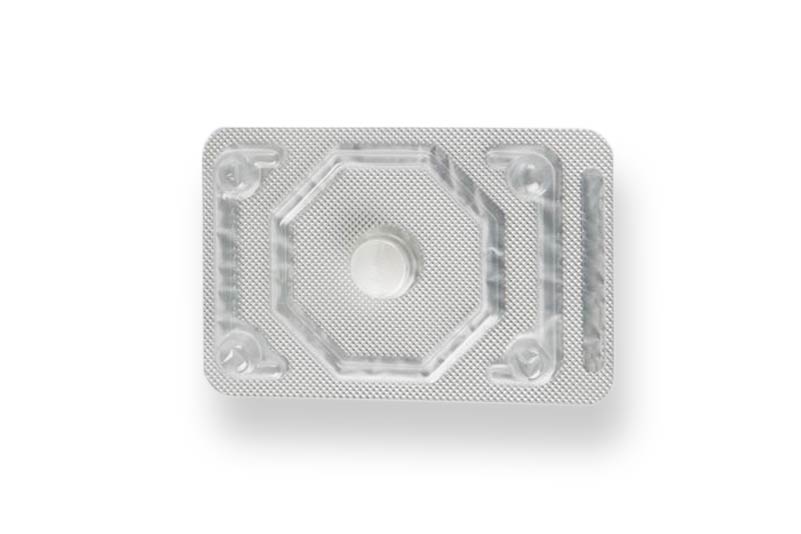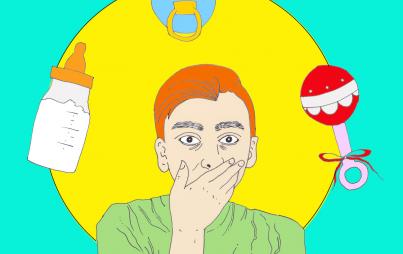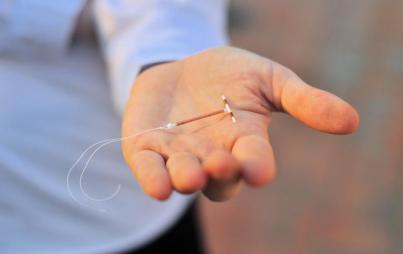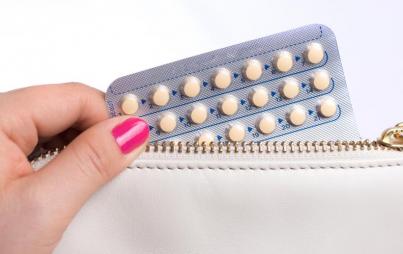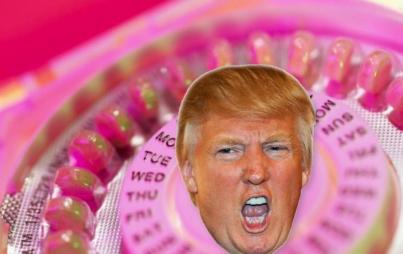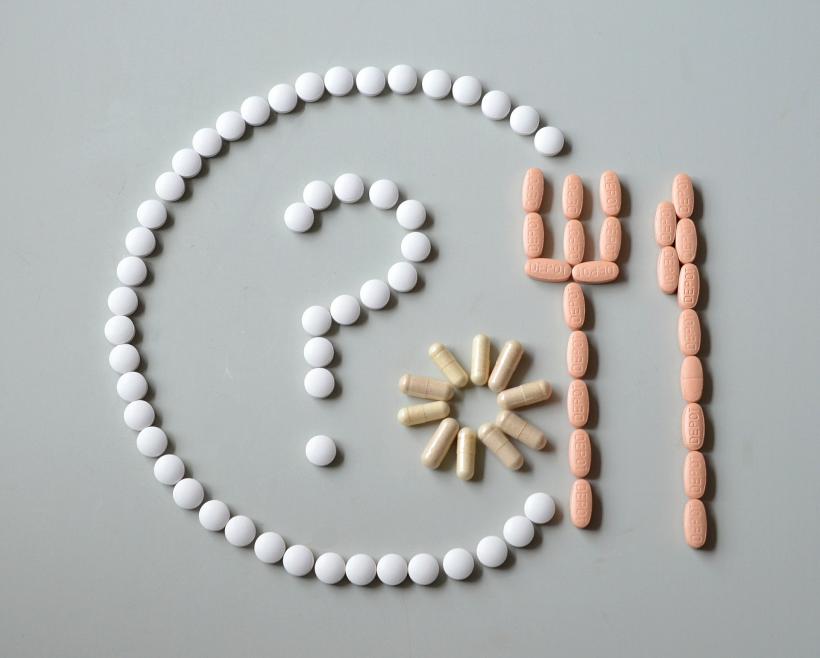
The use of emergency contraception has reportedly grown among young women over the past decade. Image: condesign/Pixabay.
The emergency contraceptive pill is not designed to be used as your primary form of contraception, so do not rely on it to serve this purpose.
While the use of emergency contraception has reportedly grown among young women over the past decade, the topic is still surrounded by questions and concerns about how it works and how it should be used.
One is a query we’ve probably all pondered at one point: is there a limit on how many times you can take the emergency contraceptive pill?
According to Kathy McNamee, Medical Director at Family Planning Victoria, the answer is no — but there’s an important caveat.
“We’d say you can take the levonorgestrel pill as often as you like, but it doesn’t work as well as something like a condom that you use beforehand. If you’re relying on it, it’s going to let you down at some stage,” she states.
In other words, it’s called “emergency” contraception for a reason.
The levonorgestrel pill is what's commonly (and erroneously) referred to as the “morning after” pill, and is sold under various trade names here in Australia. It contains the manufactured hormone levonorgestrel, which has a similar effect to the natural hormone progesterone.
As of last month, Australian women have access to a second emergency contraceptive pill called EllaOne, which has been available overseas for a number of years now. [Editor's note: According to Wikipedia, Ella has been available in the US since August 2010.] However, for the purposes of this article we're focusing on the former.
Dr. McNamee says it's recommended to leave a gap of at least 12 hours from the time you took one levonorgestrel pill before taking another, but it's safe to take it more than once in one cycle.
“We usually don't know which act of unprotected sex you're at risk of an unintended pregnancy from, so we wouldn't limit it to once a cycle,” she explains.
“The hormone in it has been around for a long time, so we feel quite confident that if someone did actually end up conceiving, it wouldn't be a risk to the foetus at all if they did conceive and wanted to continue with the pregnancy."”

The important thing to remember is that the emergency contraceptive pill is not designed to be used as your primary form of contraception, so do not rely on it to serve this purpose. It's risky business.
“It will let you down eventually if you use it as your method of contraception,” Dr McNamee reiterates.
In situations where emergency contraception is required, a copper intrauterine device (IUD) is actually more effective than either of the currently available pills. It needs to be inserted within five days of unprotected sex.
Finding the birth control method that works best for you is often a case of trial and error, and you won't necessarily pin it down straight away. So book in with your doctor to explore the available options, which include the Pill, IUDs, and contraceptive implants and injections.
This story originally appeared on Mamamia. More from Mamamia:


